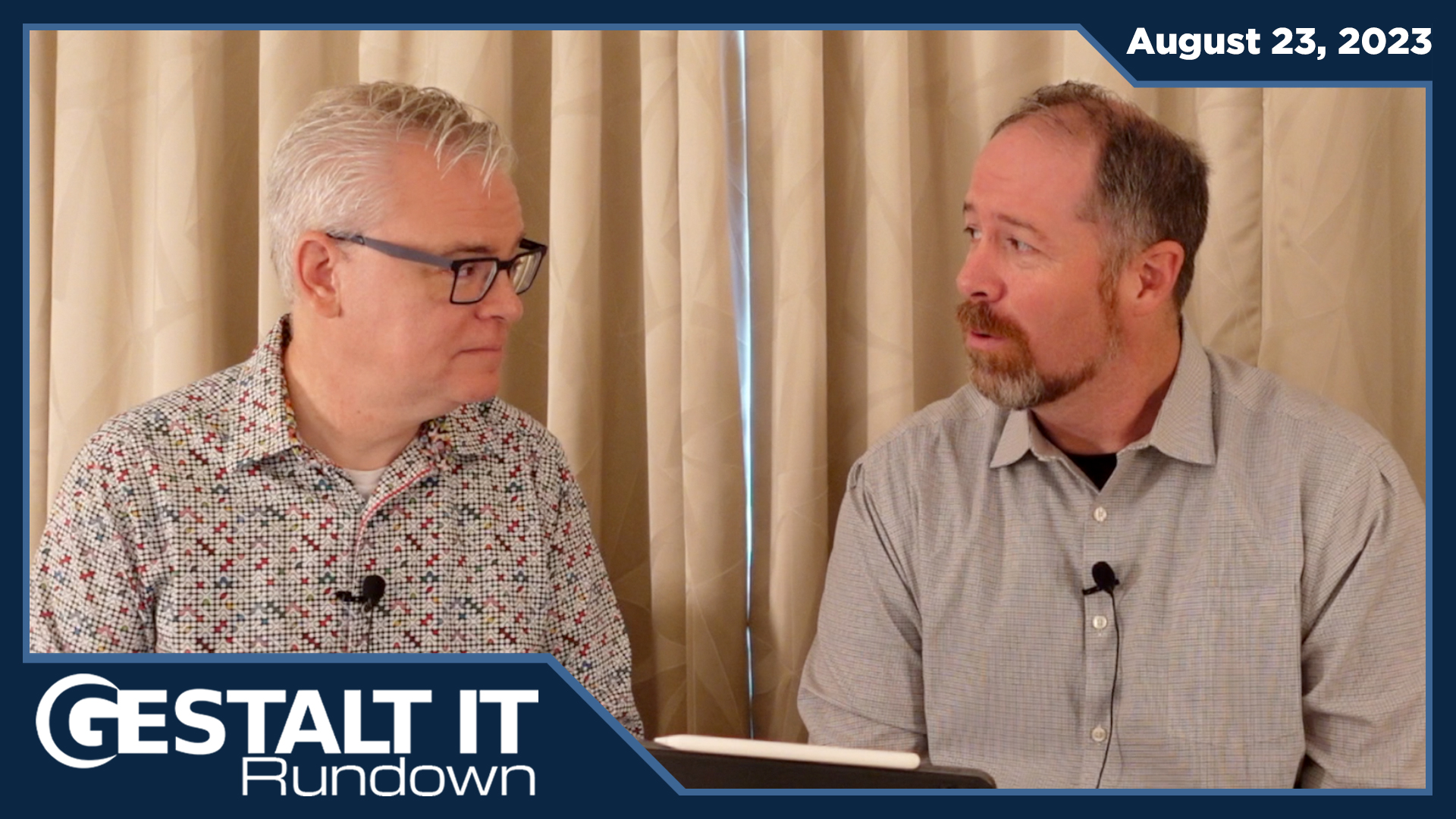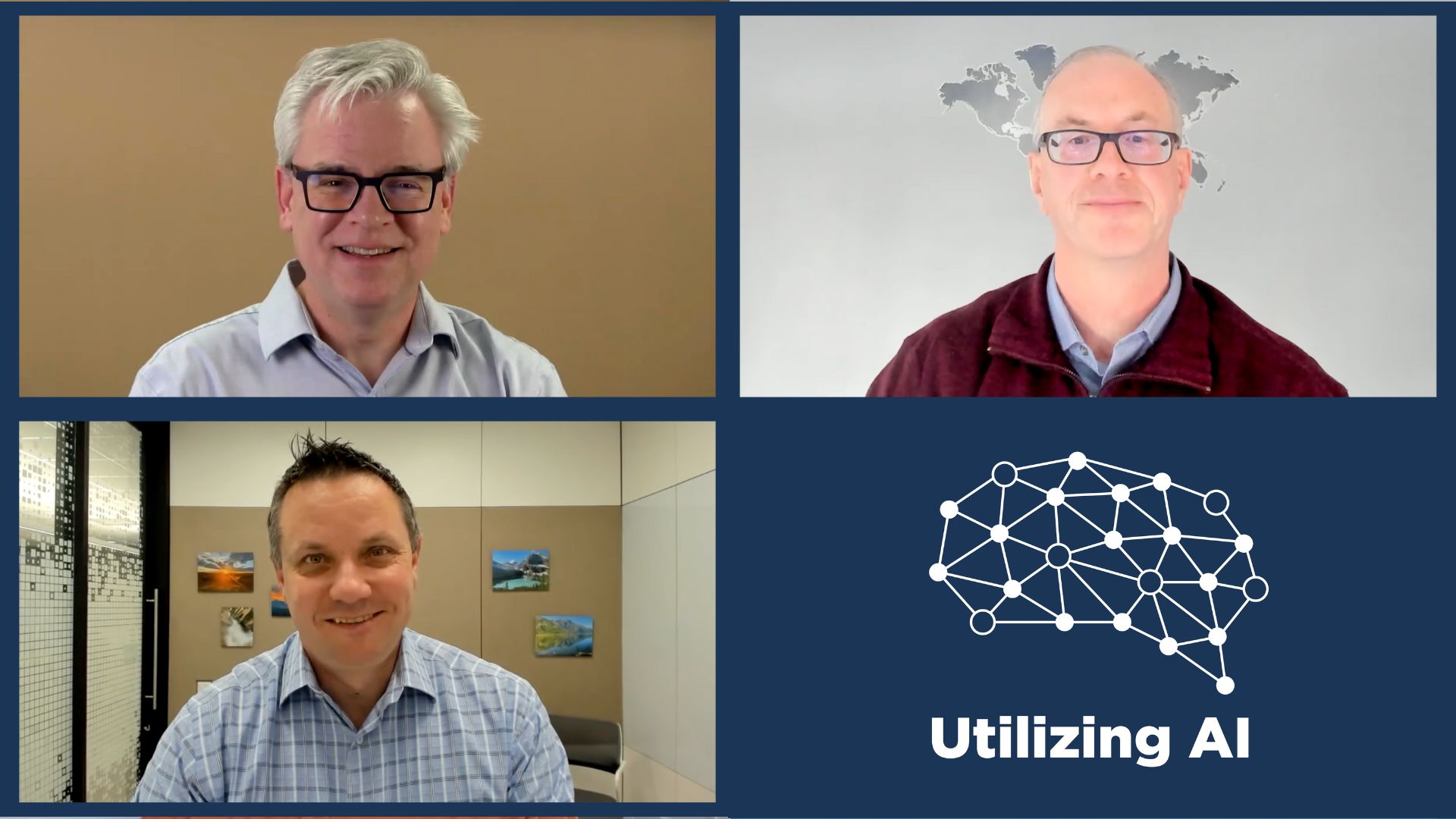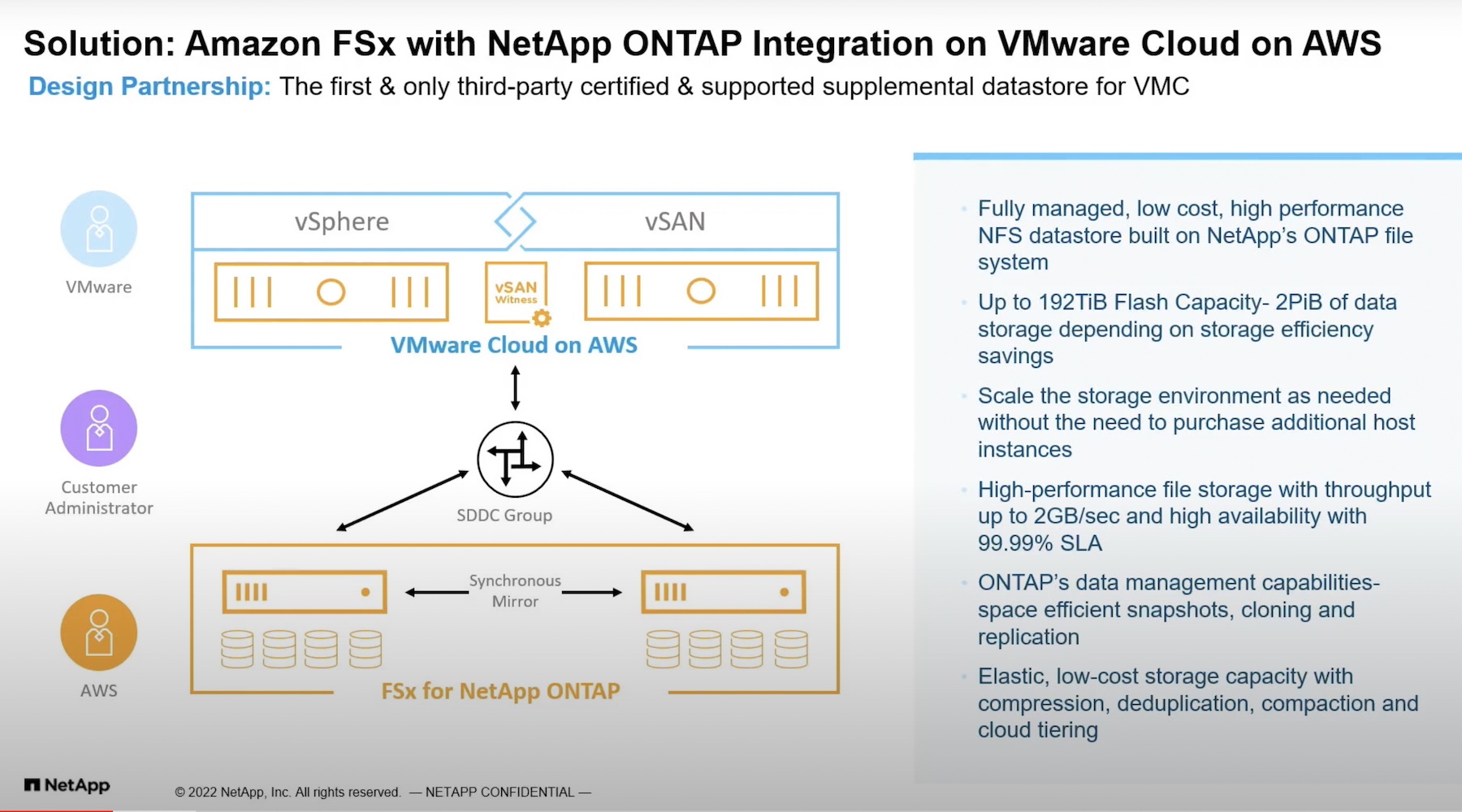In the bustling halls of VMware Explore in Las Vegas, a buzz is in the air, and its name is “GenAI.” But what exactly is GenAI? Is it just another instance of AI hype, or does it hold real value for VMware’s strategic focus? In this article, we delve into the essence of GenAI, its implications for VMware, and its potential impact on the enterprise technology landscape.
Is GenAI Just a Buzzword?
The term “GenAI” has been circulating widely, raising eyebrows and curiosity. But what does it really mean? At its core, GenAI is a shorthand for generative artificial intelligence. Just as terms like “on-premises” and even “cloud” are convenient but linguistically inaccurate, GenAI condenses a complex concept into a compact form. However, when we dissect the term, it becomes evident that GenAI primarily refers to generative AI models powering applications like ChatGPT, MidJourney, Stable Diffusion, and DALL-E. These models, often featured in news headlines, are the products of generative AI-based artificial intelligence. So, when marketers tout GenAI, they are essentially alluding to these remarkable AI applications.
When enterprise technology vendors champion their support for GenAI, they aren’t proposing that businesses will develop massive new language models. Instead, their intention is to empower enterprises to deploy and harness the potential of existing large language models. This translates to infrastructure designed to facilitate the retraining, validation, and implementation of these models, not necessarily the creation of brand-new ones. The emphasis is on enabling competitive advantages through integration with applications, which entails technology infrastructure supporting both transfer learning and model training, as well as their regular use.
VMware’s Role in the GenAI Landscape
As the spotlight shines on GenAI, VMware emerges as a significant player in this arena. But how does VMware fit into the GenAI narrative? VMware’s core technology revolves around aggregating physical hardware resources, creating a pool of segmented assets that can be allocated as needed. This resource allocation mechanism, applied to CPUs, memory, IO, and storage, can also be extended to GPUs. This capability becomes instrumental in supporting dynamic architectures for AI applications.
For instance, a machine with multiple GPUs can have them allocated and reassigned as required, facilitating tasks like PyTorch execution and transfer learning. Surprisingly, these dynamically configured systems can outperform bare metal machines due to VMware’s expertise in memory over-provisioning, storage acceleration, and networking enhancement.
Contrary to unfounded AI supercomputer expectations, VMware’s role in GenAI lies in creating GPU-driven machines with dynamic reconfiguration capabilities. These machines can be tailored for a spectrum of tasks, from transfer learning to lighter training and inferencing. This aligns with the evolving landscape where flexible virtual machines play a pivotal role in AI workloads. This practical approach positions VMware uniquely, as it leverages its existing technologies to cater to the needs of the AI domain.
Stephen’s Stance: GenAI Makes Sense for VMware
In summary, the notion of GenAI isn’t mere AI washing; it’s a practical extension of VMware’s expertise into the realm of generative AI. The company’s ability to build and reconfigure GPU-powered machines aligns well with the dynamic requirements of AI applications, from training to inferencing. While futuristic technologies like CXL may reshape the landscape in the long term, VMware stands firmly positioned to offer real-world solutions for enterprises seeking to harness the power of AI. Amidst the hype and buzz, GenAI emerges as a viable and pragmatic avenue for VMware’s continued growth and innovation.




